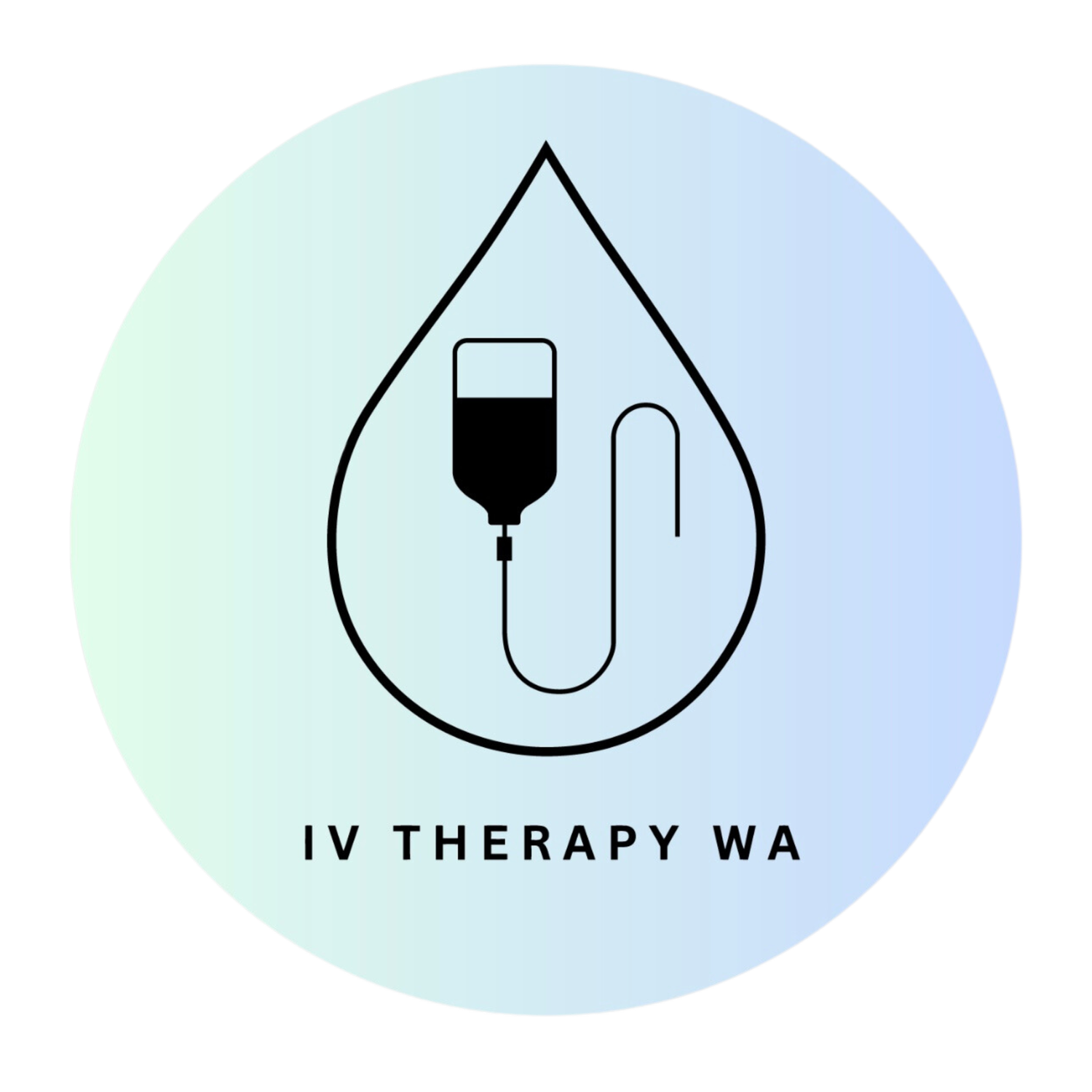Understanding Eligibility: Who Should Avoid Elective IV Drip Therapy
Elective IV drip therapy has gained popularity as a convenient way to receive essential nutrients and hydration directly into the bloodstream. However, it's essential to recognize that not everyone is eligible for this treatment. In this blog post, we'll explore who should avoid elective IV drip therapy and the reasons behind these restrictions.
1. Individuals with Medical Contraindications:
Elective IV drip therapy is not suitable for individuals with certain medical conditions. These medical contraindications include:
Kidney Disease: People with kidney disease may have difficulty processing and excreting the excess fluids and nutrients introduced through IV therapy, which can lead to further complications.
Heart Conditions: Patients with severe heart conditions, such as congestive heart failure or severe hypertension, should avoid elective IV drip therapy to prevent potential cardiovascular stress.
Liver Disease: Individuals with advanced liver disease may struggle to metabolize the substances delivered via IV therapy, which can exacerbate liver issues.
Allergies: Anyone with known allergies or sensitivities to the substances used in IV therapy, such as specific vitamins or minerals, should avoid this treatment to prevent adverse reactions.
2. Pregnant or Nursing Women:
Elective IV drip therapy is generally not recommended for pregnant or nursing women due to the potential risks associated with exposing the fetus or breastfeeding infant to excessive levels of certain vitamins and minerals. It's important for expectant or lactating mothers to consult with a healthcare provider for guidance on nutritional needs during this time.
3. Dehydration Without Medical Supervision:
While IV therapy can be an effective way to address dehydration, individuals who are mildly dehydrated can often rehydrate by drinking water and consuming electrolyte-rich fluids. Elective IV therapy is typically reserved for cases of severe dehydration and should not be used as a substitute for daily hydration practices.
4. Age and Weight Considerations:
In some cases, age and body weight can influence eligibility for elective IV drip therapy. Children and individuals who are underweight may require specific adjustments in dosages and should only receive IV therapy under the guidance of a qualified healthcare provider.
5. Prior Negative Reactions:
If an individual has previously experienced adverse reactions or side effects from elective IV therapy, they should avoid the treatment. This could include allergic reactions, infections at the injection site, or other complications.
6. Medical and Medication Interactions:
Certain medical conditions and medications may interact with the substances delivered through IV therapy. Individuals who are taking medications or undergoing treatments that may be affected by the additional nutrients or fluids introduced through IV therapy should consult with their healthcare provider before pursuing this treatment.
7. Pre-Existing Fluid Imbalance:
Elective IV therapy should not be used to address chronic fluid imbalances or underlying medical conditions that require specialized medical management. Individuals with pre-existing fluid imbalances should work with their healthcare provider to address these issues appropriately.
It's crucial to emphasize that elective IV drip therapy is not a one-size-fits-all solution, and individuals should consult with a qualified healthcare provider before pursuing this treatment. Your healthcare provider can assess your individual health status, medical history, and specific needs to determine whether elective IV drip therapy is a suitable option for you. Additionally, always choose a reputable and licensed provider for any IV therapy to ensure your safety and the quality of care provided.
